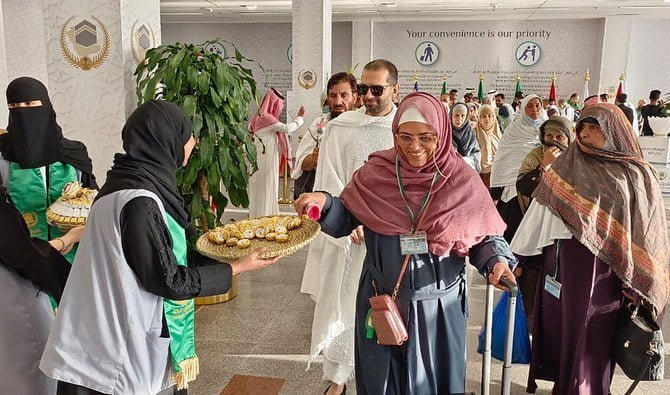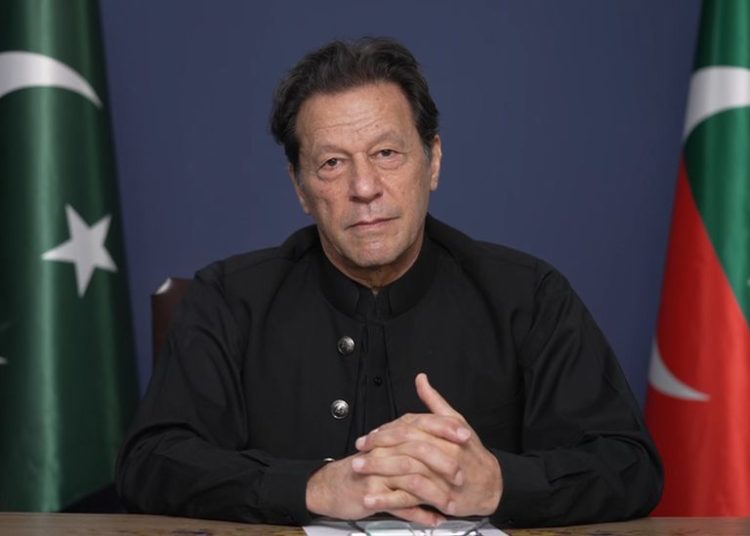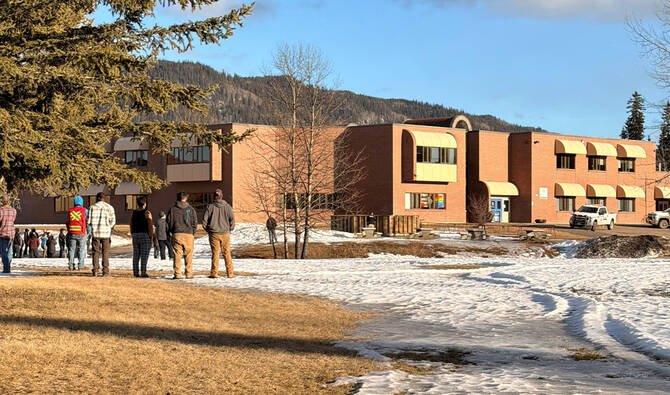Pakistan has deployed a contingent of over 40 women as part of its Hajj mission in Saudi Arabia, with many of them assuming leadership roles to cater to the needs of pilgrims, stated an official from Pakistan’s religious affairs ministry on Saturday. The surge in the number of pilgrims from Pakistan, exceeding 50,000, prompted the inclusion of women in the mission. Saudi Arabia has reinstated its pre-pandemic Hajj quota, enabling 179,210 Pakistani pilgrims to participate this year, with no upper age limit of 65 years. Approximately 80,000 individuals will perform Hajj under the government scheme, while private tour operators will facilitate the remaining pilgrims.
As per Pakistan’s religious affairs ministry, more than 50,000 Pakistanis have already arrived in Saudi Arabia since the special flight operation commenced on May 21 for the annual Islamic pilgrimage. The Hajj mission in Makkah and Madinah currently involves over 40 women, with an additional 15 expected to join in the coming days, according to Muhammad Umer Butt, a spokesperson for the ministry. Women are serving across various sections and departments, with some even assuming leadership roles. Female doctors and paramedics are also part of the country’s Hajj medical mission.
Nadia Razzaq, the information technology (IT) in-charge in Makkah, highlighted the crucial roles played by numerous women in the Hajj mission. Over 40 women have arrived in Saudi Arabia, contributing to various responsibilities in sectors such as food, accommodation, and transportation. Razzaq emphasized that women were not only fulfilling their primary duties but also undertaking field duties as required. Their valuable contributions across all sectors of Hajj operations are a testament to their dedication.
Ayesha Ijaz, responsible for monitoring the Hajj mission in Makkah, oversees the arrangements made by private tour operators for pilgrims. Her role involves addressing the concerns of pilgrims and ensuring the provision of promised facilities in Makkah, Madinah, and other locations during Hajj. Ijaz mentioned that women volunteers often resolve issues faced by female pilgrims, reflecting the significant positions held by women within the Hajj mission, which greatly contributes to smooth operations.
Beenish Ashraf, the call center in-charge at Makkah’s main control office, leads a team focused on promptly resolving pilgrims’ complaints. Dedicated call agents handle pilgrims’ calls 24/7, entering the details into the system, notifying relevant personnel, and coordinating with the respective departments to expedite complaint resolution. Additionally, the call center actively gathers feedback from pilgrims through follow-up calls and collaborates with other departments to ensure a comprehensive assessment of services.
The inclusion of women in Pakistan’s Hajj mission underscores the commitment to inclusivity and efficient management of pilgrims’ needs, providing them with a smooth and memorable Hajj experience.
















